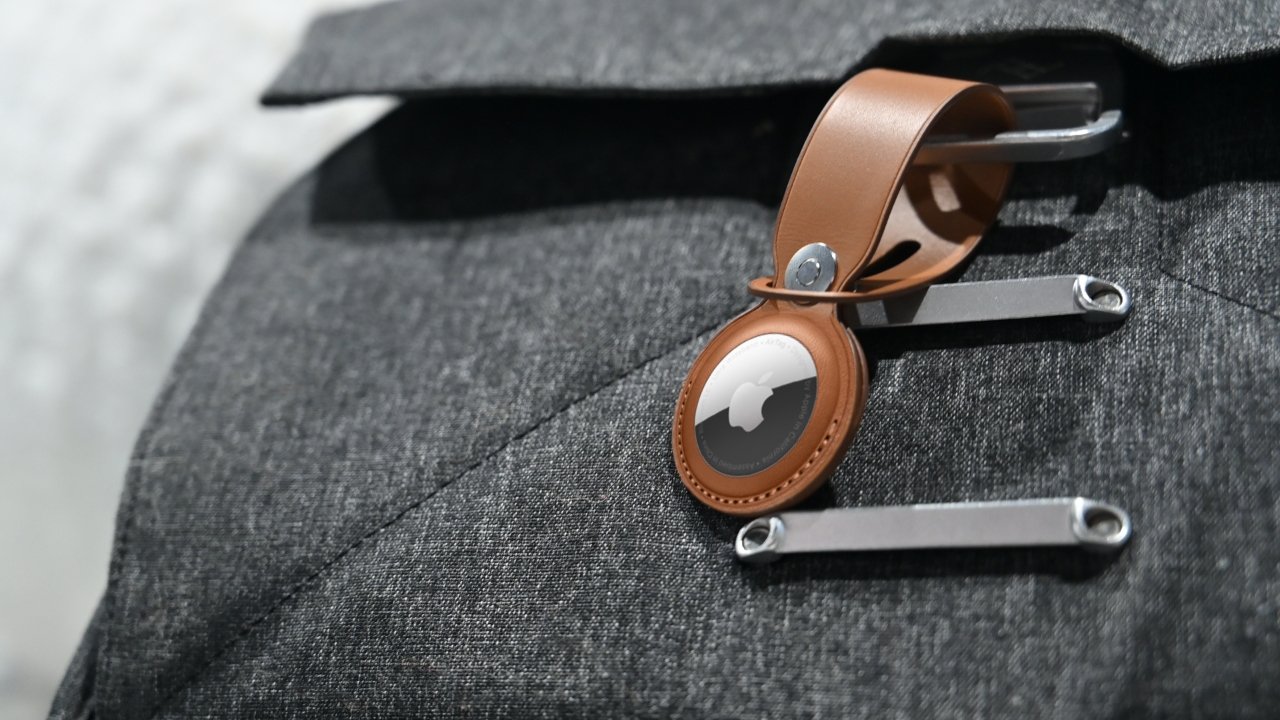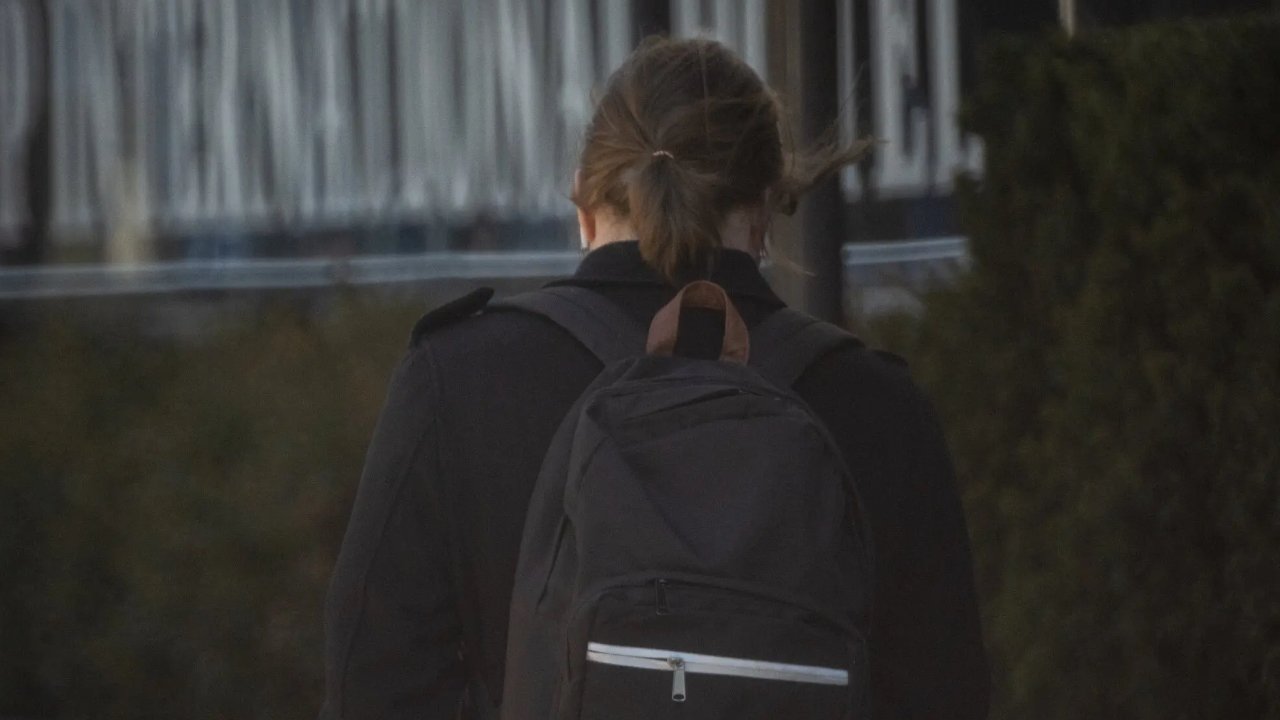A New York Times privacy reporter has tested the accuracy and anti-stalking features of the AirTag — and some of its competitors — by hiding the trackers in her husband's belongings.
AirTag has been under a lot of scrutiny due to its relatively low cost and vast Find My network. However, it is the only tracker on the market that actively tries to alert others to its presence.
Kashmir Hill, reporting for the New York Times, used her husband as a guinea pig to test out the reliability of this claim. With his permission, she placed an AirTag, a LandAirSea GPS tracker, and a Tile in various places her husband may not discover.
The most accurate and active tracking device was the LandAirSea tracker. It uses a $20 per month plan to track position via GPS and satellite and update its location every three minutes. There are even geofencing modes to update users every time it changes location.
Hill attributed this accuracy to where they live. A GPS tracker will have more luck pinging a satellite in a less dense area, and AirTag and Tile need to ping local devices over Bluetooth.
Her husband was alerted to the presence of the AirTag on some occasions but locating it was a different matter. He struggled to get it to connect to his iPhone to use precision tracking or play a sound. When it did connect, the sound didn't have a distinguishable direction, so he gave up searching.
The Tile tracker rarely, if ever, updated its location since it relied heavily on its dedicated network. AirTag could update any time it got a signal from her husband's phone or a passerby.
On a trip to New York City, Hill could track her husband with scary accuracy due to the density of Apple products wandering around in people's pockets. She was able to tell a hired photographer where her husband was at any moment.
Hill rarely mentioned the Tile tracker, presumably because its accuracy was wanting. However, the LandAirSea tracker was the most nefarious product.
She contacted the makers of the LandAirSea tracker to get some details about the product. It was meant for use as a tracker for airplanes, but the company was aware of the stalker use case.
"It's certainly something that comes up," a LandAirSea representative told Hill. "People call in, and they're like, 'I found this on my car. What are you going to do about it?'"
The company sells about 15,000 trackers per month and is served about 30 subpoenas per year to determine the owners of potentially malicious trackers. Like Apple, LandAirSea urges people to report discovered trackers to the police.
"For all the bad press the AirTags have gotten, and as flaky as the detection mechanisms were, at least I was consistently getting notifications they were following me," Hill's husband said. "The privacy dangers of the other trackers were way worse."
Apple is aware of the concerns surrounding AirTag and has announced new measures to help prevent stalking and misuse. It will continue to tweak the algorithm around tracking notifications and educate owners about the illegal nature of stalking.
 Wesley Hilliard
Wesley Hilliard








-m.jpg)






 Andrew Orr
Andrew Orr
 Amber Neely
Amber Neely
 Marko Zivkovic
Marko Zivkovic
 William Gallagher and Mike Wuerthele
William Gallagher and Mike Wuerthele



 Mike Wuerthele
Mike Wuerthele









11 Comments
The results aren't surprising in the least, but I'm glad to see that someone tested this.
I hadn't heard about t the LandAirSea tracker. That may be a good fit for me. The purchase price is low but I'm not sold on the $20 /month service fee.
So once again Apple devices are superior.
We need a way to put AirTags in catalytic converters!